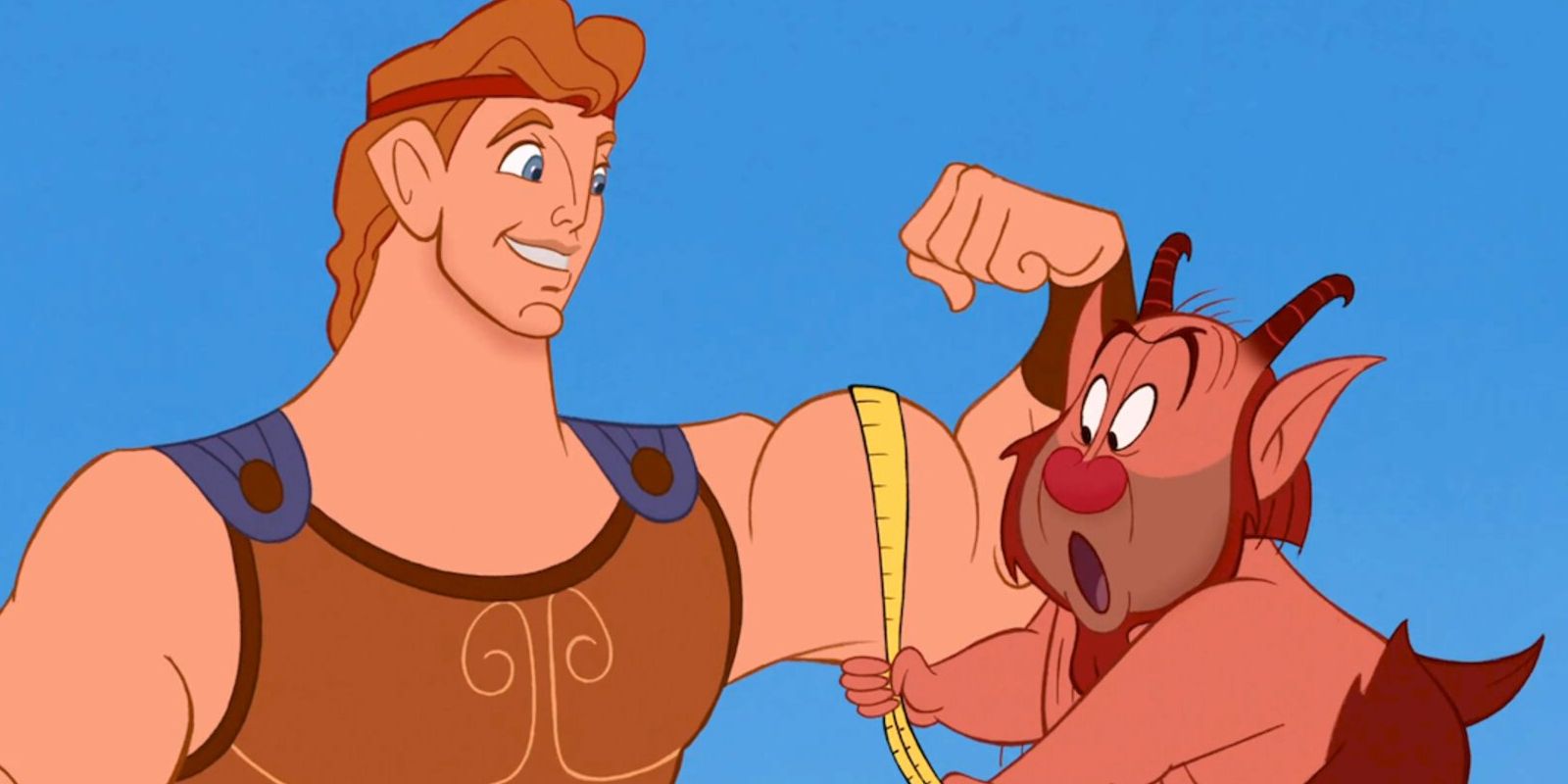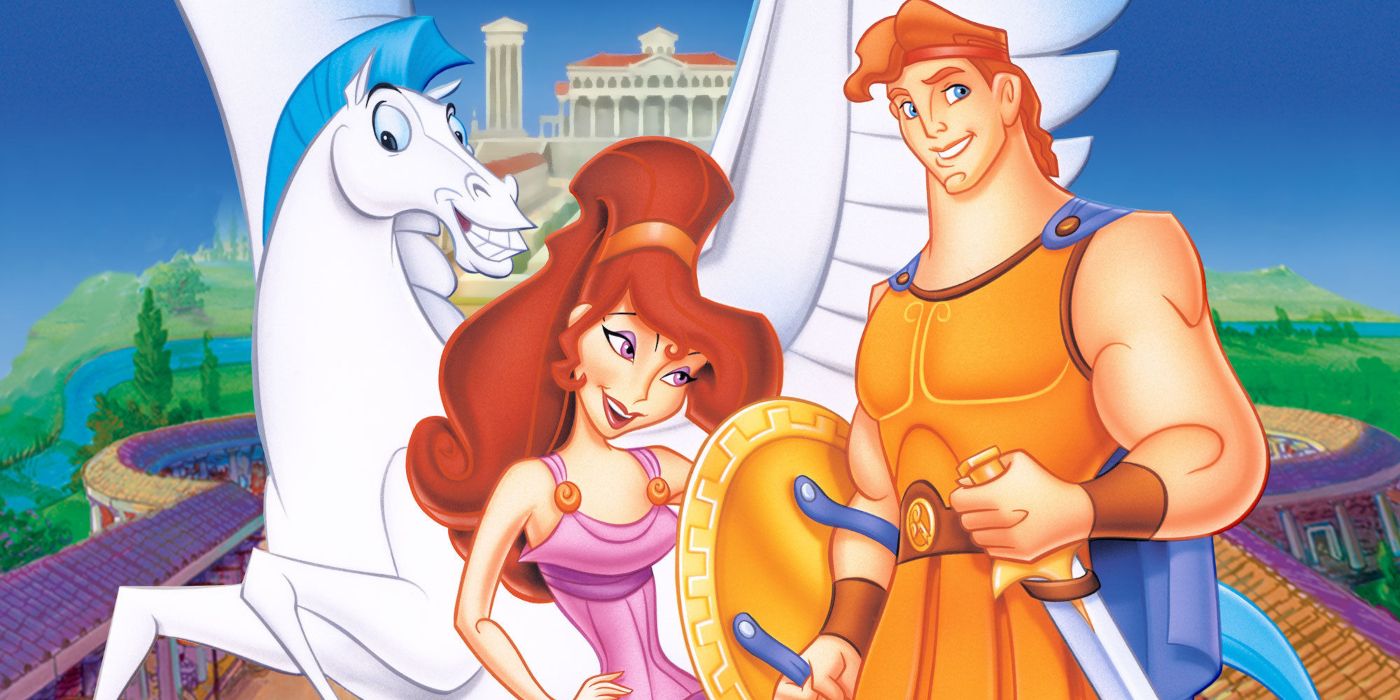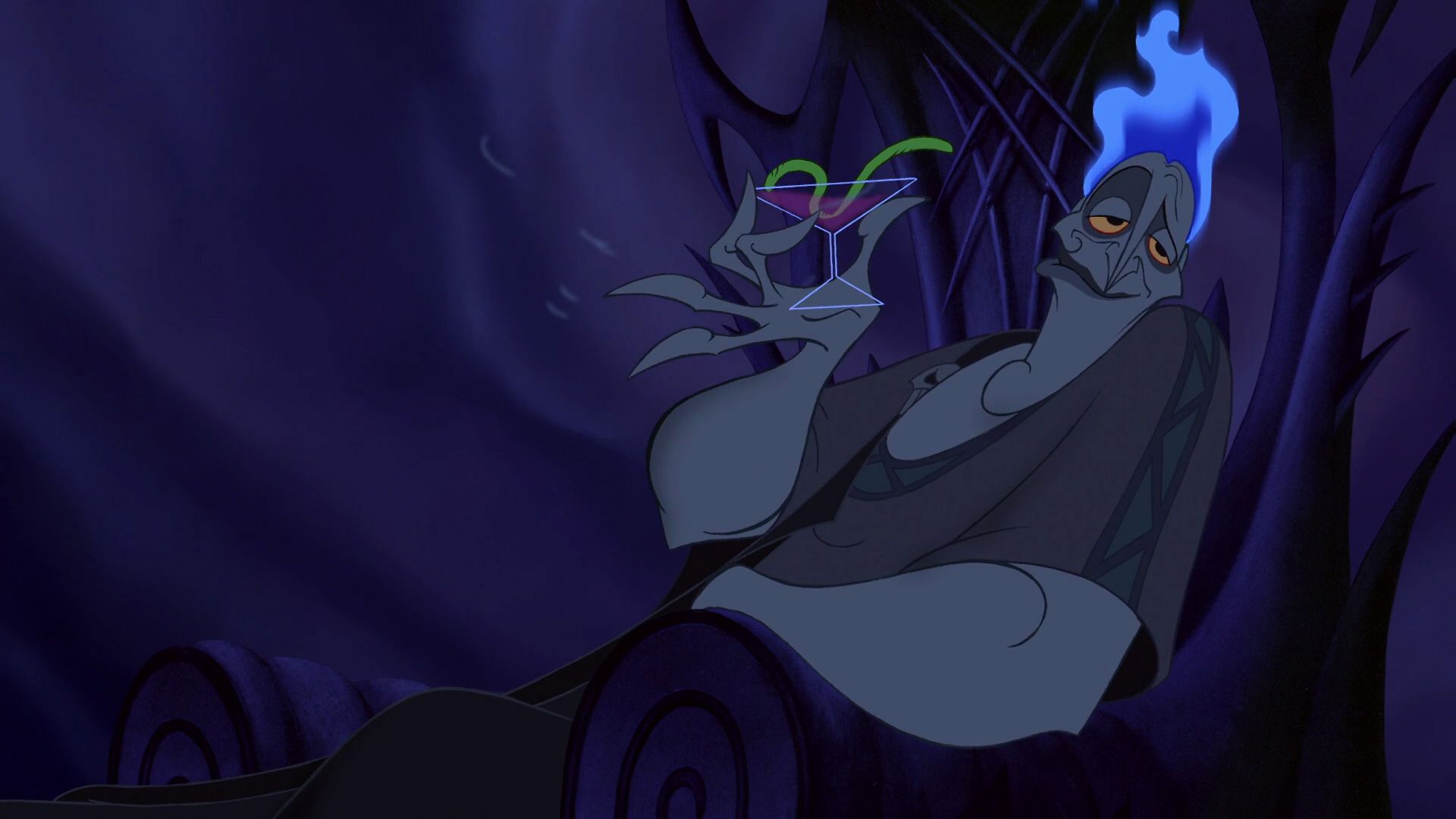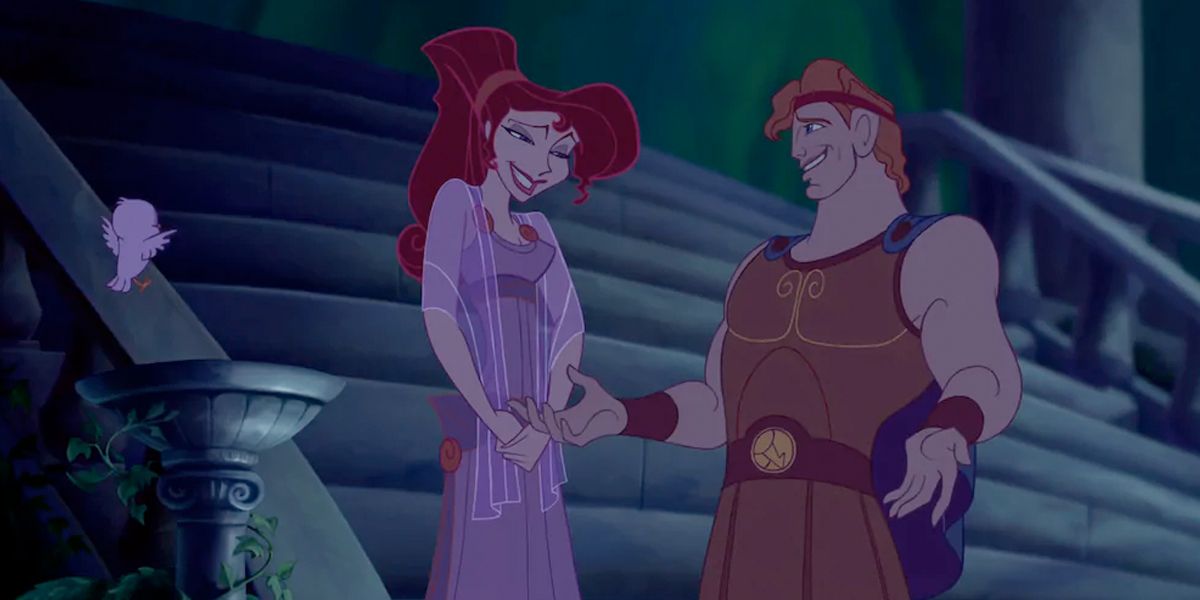In what's surely an assembly line of live-action remakes of animated Disney classics, Hercules is the latest to reportedly go into development. This has caused a wave of excitement surrounding the potential project, which is odd. Disney's Hercules is definitely one of the least talked about of the studios' '90s animated films, and for a variety of good reasons.
The film is known for playing fast and loose with its source material, and though it's a rousing adventure, the stakes and themes simply aren't at the same level as a typical Disney movie of the time. With a new version of the story coming to theaters, here's a look back at the many reasons why nostalgia for Hercules has mostly been stuck in the Underworld.
Greek Mythology
The film is notorious for its wildly inaccurate portrayal of Greek myth, which is inherent in its very name. Hercules is the more commonly known name of the Roman god, while Heracles/Herakles is the deity's Greek name. Other inaccuracies include the almost hilarious notion of Zeus and Hera being a relatively loving married couple and Hercules being Hera's son.
The film's villain, Hades, is also a problem. He's is lazily depicted as the Judeo-Christian Devil figure, whereas Ares, the violent god of war who was disliked even in ancient Greek society, is portrayed as one of the good guys. Furthermore, the winged horse Pegasus belonged to Perseus, and had nothing to do with Heracles or Hercules.
These numerous changes drew the ire of locals when the film was released in Greece, where Disney tried to gloss over the issue with the convenient new title, Beyond the Myth of Heracles. Yet, anyone with even a cursory education in Greek mythology would give the film side-eye.
None of this is helped by the fact that Greco-Roman myth permeates popular culture, making the film's setting seem almost blasé. On the other hand, the folk tales and legends that inspired Disney films such as The Little Mermaid, Cinderella, and even Snow White are far less ubiquitous. In fact, for stories like these, the Disney versions are most people's only concept of the characters. Thus, even if the movie came out when they were growing up, Disney viewers were understandably less jazzed about seeing the Mouse's take on a less unique character, especially a version that was so inaccurate.
Comedic Villain
One of the film's more notable elements is James Woods' performance as the fiery Hades. As mentioned, the character was turned from a brooding overseer of the dead into a generic Satan figure, but the performance is anything but. Woods' essentially portrays Hades as a sleazy car salesman/late-night TV talk-show host, with a voice that even sounds somewhat like Jay Leno's. While this is certainly entertaining, it's a far cry from the usually far darker and more serious Disney villains.
Villains such as The Lion King's Scar and Sleeping Beauty's Maleficent are known for their cunning, darkness, and pure maliciousness, while The Hunchback of Notre Dame's Count Frollo is an irredeemably haunting figure in an already predominantly joyless, bleak film. Hades, on the other hand, is defined almost entirely by his petty nature and constant barrage of '90s pop-culture references. Even The Little Mermaid's Ursula, who was fairly playful compared to the likes of Scar and Frollo, had a sinister edge and was an actual physical threat in the film's climax. Hades, on the other hand, only achieves his ends through trickery, and once Hercules' powers are restored, Hades' easy defeat is, again, played for laughs in its simplicity.
Soundtrack and Themes
Hercules' soundtrack, like those of many classic Disney films, is filled with great songs, but sadly, none of them really caught on in the same way others of the era did. Part of this may, again, stem from the film's mythological setting. The other Disney classics of the era were thematically more powerful, which stemmed, in part, from their stronger cultural roots.
The Hunchback of Notre Dame was, as mentioned, the darkest Disney animated film of the era, and included incredibly powerful themes of sin, redemption, and acceptance. Meanwhile, Mulan, Aladdin, and especially The Lion King portrayed vastly different cultures than the traditionally European legends of other Disney films, allowing the movies and their music to find a wider audience.
In the case of Mulan, Hunchback, and The Lion King, the music also coincides with pivotal moments in the films' plot, such as Frollo's lust for Esmeralda or Simba and Nala falling in love. Those scenes and the meaning behind them were relatable almost more to adults than to children. On the other hand, Hercules' themes and songs were comparatively generic and far less weighty. This all amounted to a film that, while a childhood favorite of many, is still second best to its contemporaries. Yet, this gives the live-action remake the opportunity to add a fresh coat of paint and greater gravitas to Hercules, a film that has gone from hero to zero within the collective consciousness.




